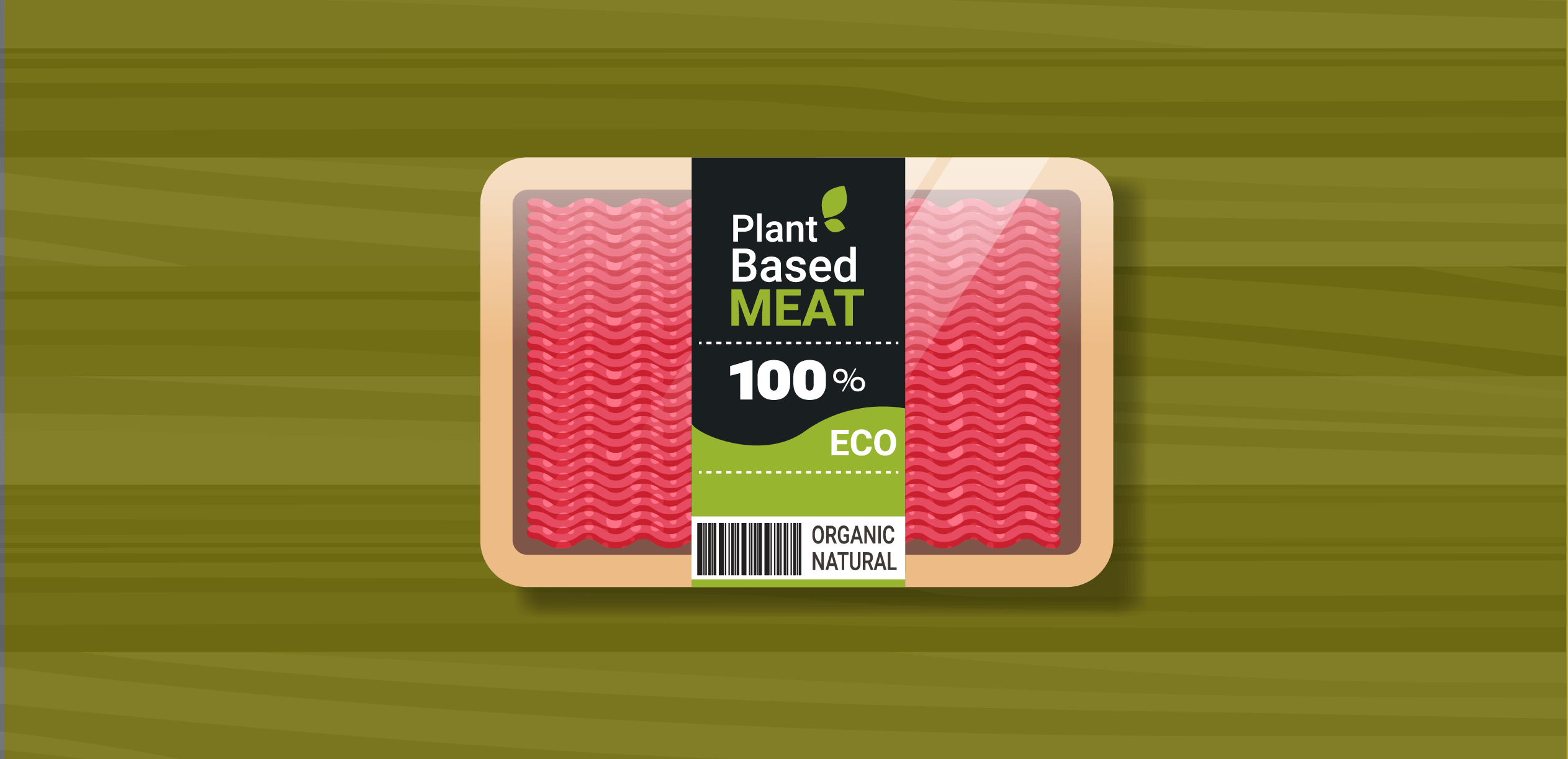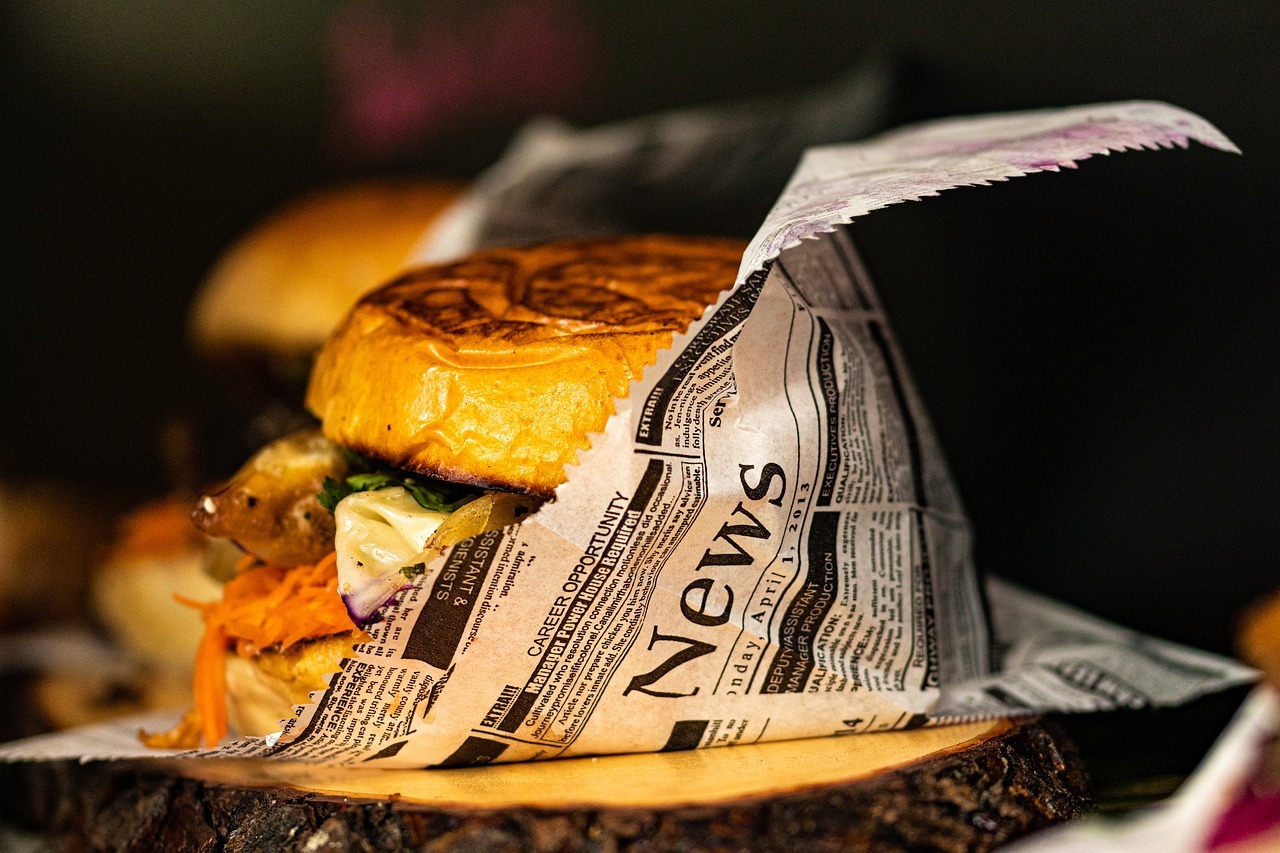This document summarizes some of the orders/notifications issued by the central government, and the state governments of Maharashtra, NCT of Delhi, Telangana, Haryana and Karnataka in light of the Covid-19 pandemic. Due to delay in updating of government websites, many departments have also resorted to using Twitter and Facebook to stay in touch with the public and provide them suitable directions. Additionally, many of the state government actions have been superseded by central government notifications in a bid to ensure uniform implementation of measures across the country. This document was last updated at 1:00 p.m. on 30 March 2020.
CENTRAL GOVERNMENT:
1. What measures have been taken by the central government to invoke and maintain the nationwide lockdown?
a. The National Disaster Management Authority (“NDMA”) through this order had called for the central and state governments to acknowledge the Covid-19 pandemic and invoked the powers of the Disaster Management Act, 2005. Subsequently, the Ministry of Home Affairs (“MHA”) issued this lockdown order along with Annexure 1 containing guidelines. Addendum 1 and addendum 2 to the guidelines were soon published to classify activities which would be permitted during the lockdown period.
b.The MHA’s consolidated guidelines were also published on 28 March 2020 which were followed by order dated 29.03.2020, directing states to assist with migrant workers.
c. The Cabinet Secretary issued this letter to Chief Secretaries, urging them to increase state level surveillance of about 15 lakh international incoming passengers who arrived into the country prior to the lockdown. He also issued this letter permitting transportation of essential and non-essential goods, milk and newspapers and also defining groceries.
d. Union Home Secretary, Ajay Bhalla, had written to all states and union territories asking them to immediately assist migrant agricultural labourers, industrial workers, other unorganized sector workers, students, women and people belonging to other states. Further, agricultural activities were exempted from the lockdown as stated in this press release.
2. How has the central government addressed the issues of impact on trade?
a. The Ministry of Railways (“MoR”) issued this letter to classify the period from 22 March 2020 to 14 April 2020 under ‘force majeure’ and during this period no demurrage, wharfage, stacking, stabling, detention and ground usage charge shall be leviable. Additionally, MoR had also issued this letter to all zonal railways and assisting them in dealing with this pandemic.
b. The Ministry of Food Processing Industries (“MoFPI”) had issued a letter to chief secretaries listing essential food products for which supply chain must be interrupted in any state. They also requested for nodal officers to be appointed state-wise and additionally set up a grievance redressal cell available at here via email.
c. The Department of Promotion of Industry and Internal Trade (“DPIIT”) had created a control room to monitor and assist ground level transportation of goods and resources. The control room is available on phone (+91 11 2306 2487) and email.
d. The Directorate General of Foreign Trade (“DGFT”) has created helpdesk to assist import and export, which can be contacted via phone (1800 111 550), email or website. Under this office memorandum, all immigration check posts in airports, seaports, land ports, rail ports and river ports had been closed, however vehicles carrying goods for trade / essential commodities are exempted along with their crew, subject to screening.
3. What are the public health measures undertaken during the course of this Covid-19 pandemic?
a. The Ministry of Health & Family Welfare (“MoHFW”) had issued this notification classifying Hydroxychloroquine as a schedule H1 drug, which can be sold on prescription only. This continues from its previous notification which permitted doorstep delivery of Schedule H, H1 and X drugs.
b. The Ministry of Defence (“MoD”) issued this press release, stating that 62 Cantonment Boards which house about 21 lakh civilians and military personnel have adequately prepared for themselves and are ready to assist civilian authorities in their respective areas. Additionally, MoD also issued this press release stating that medical personnel and quarantine facilities have been prepared for future rise in cases of Covid-19.
c. The Department of Empowerment of Persons with Disabilities (“DEPwD”) under Ministry of Social Justice and Empowerment issued a “Comprehensive Disability Inclusive Guidelines” to states and union territories for protection and safety of Persons with Disabilities (divyangjan) in light of Pandemic Covid-19. Helpline numbers for the same are 1075, 011 2397 8046 and +91 90131 51515.
4. What measures were undertaken by the central government to maintain the supply of essential services?
a. Minister Piyush Goyal, handling Ministries of Railways and Commerce & Industry held a video conference last week with e-commerce and logistics companies like Snapdeal, Shopclues, Flipkart, Grofers, NetMeds, PharmEasy, 1mg Tech, Udaan, Amazon India, Big Basket and Zomato. Large retail operators were represented by Metro Cash & Carry, Walmart and RPG. Logistics operators included Express Industry Council, Delhivery, Safexpress, Paytm and Swiggy. In continuation to the help desk created, this was to ensure supply chains for essential goods are maintained and function smoothly.
b.The Petroleum & Explosives Safety Organisation (“PESO”), established under the Department for Promotion of Industry and Internal Trade (“DPIIT”) issued orders to regulate the supply of oxygen to hospitals and extended various licenses and testing requirements on stakeholders.
5. What was the relief offered by the central government?
a. Relief offered to the industry:
i. Shaktikant Das, Governor of the Reserve Bank of India (“RBI”) announced measures to address the Covid-19 outbreak, through the Seventh Bi-monthly Monetary Policy Statement on Developmental and Regulatory Policies for 2019-2020 (full text).
ii. Securities and Exchange Board of India (“SEBI”) the following circulars:
- Circular informing stakeholders about the relaxation of listing regulations being brought forth.
- Circular for real-estate investment trusts and infrastructure investment trusts to extend the filing and compliance date from 31 March 2020 to 30 April 2020.
- Circular to relax compliance requirements for mutual funds.
- Notification listing exempted capital and debt market services.
- SEBI also issued this circular to further relax listing requirements, disclosure requirements and standard operating procedures.
iii. The Office of Controller General of Patents, Designs and Trade Marks (“CGPDTM”) issued this public notice stating that all due dates which fall during the period of lockdowns will be considered due on the first date of opening after the lockdown period.
iv. The Ministry of Corporate Affairs (“MCA”) issued this clarification to permit the use of CSR funds for Covid-19. Additionally, this circular was issued, in line with Finance Minister Nirmala Sitharaman’s speech of 24.03.2020, listing the special measures for companies, allowing extensions of deadlines for MCA registry filings, meeting requirements, relaxation of director residence requirements, easier compliance for newly incorporated companies, among others. Lastly, this amendment was made to MCA order S.O. 849(E) of 25 February 2020.
b. Relief offered to the public:
i. The Finance Minister Nirmala Sitharaman announced a Rs 1.70 Lakh Crore relief package under Pradhan Mantri Garib Kalyan Yojana for migrant and lower income citizens which includes direct transfers to accounts, increased wages, insurance for government medical workers, benefits from employees’ pension fund scheme, provisions for supply of food and directions to state governments on construction workers and district level management.
ii. Further, the MHA issued this letter directing the state governments to assist migrant workers. Additionally, the Prime Minister announced the PM relief fund to combat Covid-19.
6. Where is the central government’s Covid-19 related information available?
7. What is the status of schools and educational institutions?
This letter by the Ministry of Human Resource Development had provided that all ongoing school and university exams, as well as evaluation would be done only after 31.03.2020 however the nationwide lockdown has closed schools until 14.04.2020.
8. What are the restrictions imposed on restaurants and retail establishments?
a. The Cabinet Secretary issued this letter permitting transportation of essential and non-essential goods, milk and newspapers and also defining groceries.
b. The MHA has issued a standard operating procedure for local retail shops, large retail stores, e-commerce companies and restaurants.
9. What are some additional central government measures undertaken during this epidemic?
a. The MHA issued this notification to declare Census 2021 and National Population Register (“NPR”) work as delayed until further directions.
b. The Secretary of Ministry of New & Renewable Energy (“MNRE”) tweeted that all renewable energy projects will be given suitable extensions considering the lockdown which has impacted supply chains and the workforce.
c. The Department of Science and Technology (“DST”) has set up a task force to identify and scale solutions from start-ups to combat covid-19.
d. The Department of Consumer Affairs (“DCA”) has issued more than 500 fresh permits to manufacturers of hand sanitizers and also fixed the maximum retail price as Rs. 100 per 200 ml bottle (price-to-bottle-ratio shall be maintained in other quantities sold). Additionally, defence minister, Rajnath Singh reviewed the action plan by the Ministry of Defence (“MoD”) which includes provisions for national infrastructure and medical supplies, as well as, assisting friendly neighbouring states.
STATE GOVERNMENTS:
1. What measures have been taken by the state government to invoke and maintain the nationwide lockdown?
[Note: Following the MHA lockdown notification, all state government lockdowns were effectively extended until 14.04.2020.]
a. Mumbai / Maharashtra: On 13 March 2020, the Public Health Department issued this notification declaring a ‘public health emergency’, in order to implement emergency measures through power under Section 2 of the Epidemic Diseases Act.
b. New Delhi: Through this notification, called the Delhi Epidemic Diseases, COVID-19 Regulations, 2020, the health department gave recommendations for quarantines, etc. Additionally, the state task force has the power under para 16 to implement contaminant measure, which can enable disruptions of work and citizen activities to control the spread of the pandemic The Government of Delhi launched this website to avail e-passes during the lockdown. Delhi Government also banned the Indian Premier League through this notification which also covers conferences / seminars with over 200 people being prohibited. Also, the Delhi Police (under the control of the central government) issued an ‘appeal’ (currently only available on Twitter) to citizens not to assemble in groups of 5 or more. It also said it would not grant any permissions for public events or gatherings.
c. Hyderabad / Telangana: Telangana acknowledged the declaration by the World Health Organisation to classify Covid-19 as a pandemic and the executed its powers under the Disaster Management Act and Epidemic Diseases Act to close educational institutions, cinema halls, amusement parks, swimming pools, gyms, zoos, museums until 31.03.2020. (Notification is attached)
d. Gurgaon / Haryana: Through this notification, contaminant measures had been permitted to concerned district administrations of the state. The Haryana Government has created this website for citizen lockdown passes. Next, this tweet provides directions for resident welfare associations to avail passes for essential services of plumbers, electricians and estate managers. All Kiryana / vegetable / milk / chemist, etc. have been directed to register themselves on this website.
e. Bangalore / Karnataka: This notification enacted the “The Karnataka Epidemic Diseases, COVID-19 Regulations, 2020”. The updated notification is available here.
2. How have state governments addressed the impact of Covid-19 on trade?
[Note: State Police authorities have been assisting in the supply of goods via designated helplines or calling (100).]
a. Mumbai / Maharashtra: The Mumbai Police has put out this tweet to assist with e-commerce deliveries. They can be reached on this website or via phone on (022) 2493 7755 / 2493 7747.
b. New Delhi: Chief Minister Arvind Kejriwal gave this speech stating that people can contact 1031 to get ‘lockdown passes’ which are needed for movement other than local grocery / pharmacy visits and ID cards which essential service employees must carry.
c. Hyderabad / Telangana: The Hyderabad Police issued this notification directing all shops and general stores to not inflate prices of essential commodities. It also stated that such raids will continue. Additionally, the police also announced this helpline number (040) 2343 4343 via Twitter and Facebook for the movement of essential goods and uninterrupted operations of essential services in Hyderabad.
d. Gurgaon / Haryana: The Municipal Corporation of Gurgaon provided a permit for online delivery services and this exempted maintenance service providers.
e. Bangalore / Karnataka: The Bangalore Police announced the Karnataka State Police Clear Pass App, making all curfew permits electronic in the city.
3. What are the public health measures taken by state governments during this Covid-19 pandemic?
a. Mumbai / Maharashtra: This Municipal Corporate of Greater Mumbai (“MCGM”) Order bans ‘mass congregations and functions’ in Mumbai. Additionally this order was passed to restrict the number of people, citizens and civil servants, in government establishments using a percentage method.
b. New Delhi: The health department issued this order, mandating covid-19 tests for all doctors and staff in contact with Covid-19 patients and Severe Acute Respiratory Illness (“SARI”) patients in government hospitals within 24 hours.
c. Hyderabad / Telangana: Congregations of more than 5 people were prohibited through order dated 22 March 2020.
d. Gurgaon / Haryana: The DM suspended gyms, swimming pools, spas, nightclubs, bars, ahatas, cinemas, theatres, concerts, and all other entertainment gatherings. Social, cultural, political, academic, sports, seminars, conferences and family gatherings are to be restricted to 20 people. All religious gatherings will be regulated, though no congregation limits were established.
e. Bangalore / Karnataka: The Karnataka government had issued this order directing authorities to take action against landlords and house owners who are refusing entry of medical employees into their own residences. The state government also issued directions for telemedicine services through this notification. The order of 20 March 2020 mandated the enforcement of social distancing until midnight. Malls, supermarkets, medium and small markets were directed to perform crowd control and also place information on social distancing and hygiene in appropriate places.
4. What are the measures of state governments to maintain the supply of essential services?
a. Mumbai / Maharashtra: Chief Minister, Uddhav Thackeray issued this tweet, reassuring citizens that shops selling essential commodities, groceries and medicines are permitted to remain open 24×7.
b. New Delhi: Curfew Pass was introduced for suppliers to ensure supply of essential products is available.
c. Hyderabad / Telangana: This tweet was posted by DGP Telangana Police stating that all essential service suppliers can get ‘essential service vehicle pass’ from station house officer, superintendent of police or commissioner of police. The IT secretary of state of Telangana tweeted instructions for essential services and exempted persons to apply for passes via email.
d. Gurgaon / Haryana: Haryana Police provided a contact number to facilitate movement of essential goods.
e. Bangalore / Karnataka: The Bangalore police posted this tweet urging citizens not to crowd the Police Offices as the online facility for curfew passes was launched. Additionally, a notification titled ‘KA doorstep delivery notification’ is attached which lists the exempted e-commerce and logistics providers and other essential service providers who have been exempted from the curfew.
5. Where are the state government-Covid-19 related information available?
a. Mumbai / Maharashtra: Maharashtra Government | Mumbai Municipal Corporation | Maharashtra Police | Mumbai Police | Maharashtra Heath Department
b. New Delhi: Department of Health & Family Welfare | Delhi Police Twitter
c. Hyderabad / Telangana: Government of Telangana | Hyderabad Police | Telangana Police | Greater Hyderabad Municipal Corporation
d. Gurgaon / Haryana: Haryana Health Mission | Gurgaon District Administration
e. Bangalore / Karnataka: Karnataka Government | Bangalore Police | Bangalore Municipal Corporation
6. What is the status of schools and educational institutions on the state level?
[Note: All schools in states were closed until 31 March 2020. However, the MHA lockdown order extended it to 14 April 2020.]
a. Mumbai / Maharashtra: The Maharashtra health department notified that all schools and colleges would be shut vide this notification.
b. New Delhi: Schools in Delhi have also been closed by this order until 31 March 2020.
c. Hyderabad / Telangana: all institutions and examinations were closed until 31 March 2020.
d. Gurgaon / Haryana: All educational institutions and examinations have been closed until 31 March 2020
e. Bangalore / Karnataka: Board exams have been postponed and schools in the state have been closed through this notification.
7. What state level restrictions had been imposed on restaurants and retail establishments?
[Note: All non-essential retail establishments in states were closed until 31 March 2020. However, the MHA lockdown order extended the same until 14 April 2020.]
a. Mumbai / Maharashtra: The State Government had closed malls vide this notification. As per the MCGM Order, restaurants, cafes and eateries may continue if they can self-impose 50% customer capacity and maintain a distance of 3 feet between each customers.
b. New Delhi: All malls have been closed by this updated order until 31 March 2020, except those providing daily needs (groceries, pharmacy, vegetables / fruits, etc). Further, restaurant dining was discontinued, only permitting delivery, sports complexes were closed and all events (social, cultural, political, religious, academic, sports, seminars, conferences) have been restricted to 20 people (earlier 50), through this order.
c. Hyderabad / Telangana: From the same order, no permissions for rallies, public meetings, summer camps or events like conferences, workshops, trade fairs, cultural events, sports events, jatharas, sports facilities, membership clubs, bars or pubs until 31 March 2020.
d. Gurgaon / Haryana: All dine-in services had been suspended via the lockdown order until 31 March 2020
e. Bangalore / Karnataka: Vide an order dated 20 March 2020, only take-away liquor shops were permitted along with take away food in restaurants. Smaller restaurants with no seating were directed to maintain six feet distance between customers. Religious gatherings, jatharas, urs, etc. were banned under the same order.









